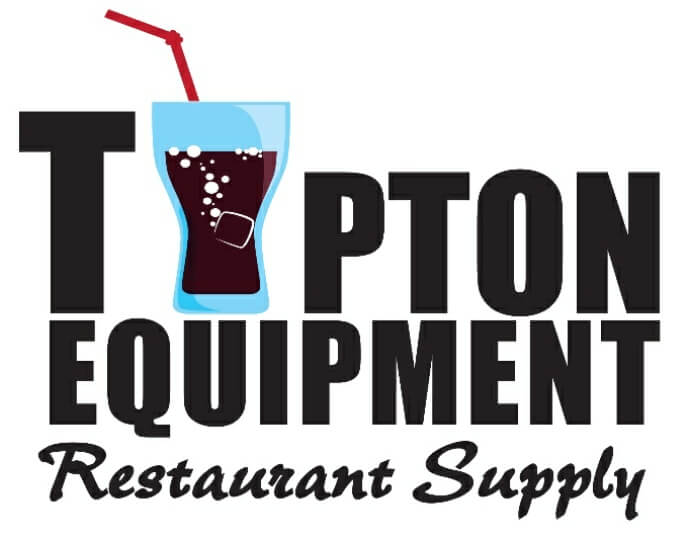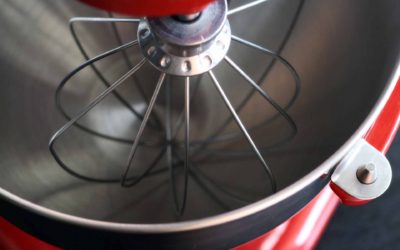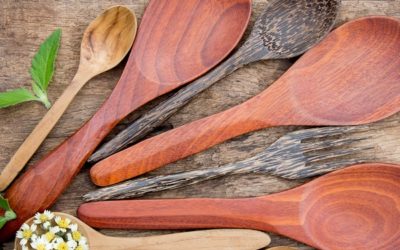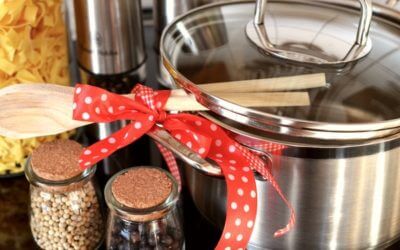Kitchen Supplies: Should You Go Local With Ingredients?
October 10, 2018If you own a restaurant in Little Rock, you’ve certainly heard of the trend toward going local.
Local kitchen supplies, local ingredients, even local art as décor.
There are a lot of great reasons to buy local – your money will stay in and support your community, for example, and you can often get better customer service from a local supplier.
However when it comes to ingredients, going local is a challenge. Here are some things to consider.
Can You Maintain Your Menu Locally?
If you’re a seafood restaurant, you’ll have some challenges sourcing a lot of your food locally in Arkansas. Even common “Americana” restaurants won’t be able to get everything they need year-round.
You could choose to cook seasonally, but that involves a major shift in mindset for both your kitchen and your customers. Changing your menu frequently increases the number of kitchen supplies you need, and you may end up with inadvertent waste.
Sourcing your menu locally is a great selling point and a way to ensure fresher food. However, is it worth the tradeoff to limit your menu?
Relationships Take Time to Develop
If you do decide to go local for kitchen supplies and ingredients, you may find it hard to know where to start. Other restaurants known for local ingredients may not share their suppliers, fearing the competition will drive prices up.
Even if you know of farmers or arrange to meet some at a farmer’s market, it takes time to build up the relationships and trust it takes to rely on someone for a key menu item.
It’s important to realize that if you do decide to make this move, it won’t be an overnight change. You need to plan for the time it takes to find and get to know reliable local farmers.
You’ll Have to Educate Your Customers
You can put up a sign that says “Now using local ingredients!” and perhaps draw a few curious patrons. However, there’s a hurdle to overcome – price.
Getting things locally costs more. Smaller farms don’t have economies of scale that allow them to take lower prices, and farmers face high labor costs and other challenges.
As a result, your prices will be higher if you focus on local ingredients. As you put together the menu and list of kitchen supplies you need, prepare to explain to your customers why higher prices are justified.
Unfortunately, dollar menus have conditioned many consumers to look for food priced below cost. However, there are many patrons who are looking for good quality and sustainable practices. Focus on those customers and help them understand where the costs are coming from.
When you can show where your ingredients come from and get the importance of supporting the local economy across to customers, you may find that not only are customers willing to pay, they’re more loyal than ever.
Get the Kitchen Supplies You Need – Locally!
Not every local supplier will drive up your costs. In fact, we’ve been helping Little Rock restaurants get the kitchen supplies and equipment for many years.
Let us help you source the very best equipment for your restaurant. Contact us for quotes today!
5 Essential Buying Tips for Your Next Food Prep Work Table
The right foodservice equipment is pivotal to the efficiency of your kitchen. One of the most important types of foodservice equipment for any kitchen is the work table. With limited room on countertops available for your food prep needs, the cooking process can drag...
Tips for Keeping Your Commercial Sink Sparkling Clean
Your commercial kitchen, just like your personal kitchen, must be kept clean at all times. With all of the cooking and food processing you do, it is inevitable that your sink gets messy. Cleaning up your commercial kitchen is incomplete without proper cleaning of your...
Food-Cutting Secrets to Beautiful Dishes
In the restaurant industry, presentation is often said to be just as important as the food itself. Using the right knowledge, skills and restaurant supplies, you can incorporate creativity into your presentation, making guests feel that they are getting something...
Top Space-Saving Tips for Commercial Kitchens
Top Space-Saving Tips for Commercial Kitchens Space is always an important consideration when setting up a kitchen, and this is even truer for commercial kitchens. With a strong focus on functionality and the kitchen supplies that meet the needs of your commercial...
5 Ways to Get the Most Out of Your Mixer
No one wants to eat off of dirty or tarnished silverware. A stand mixer is a highly useful piece of kitchen equipment to invest in. Although this type of kitchen equipment does not usually come cheap, it can last a lifetime when properly cared for. Despite all your...
Restaurant Prep Tool Selection Simplified
What’s a restaurant kitchen without high-quality prep tools that can withstand the pressure of frequent use? Whether you already have a restaurant you’re running, or you’re just planning to launch one, one vital factor that could make or mar your business is how you...
Beginner’s Guide to Choosing a Commercial Ice Cream Freezer
Ice cream is a delicious and appealing desert treat for everyone, young or old. Having made the decision to sell ice cream to your customers, whether you have a restaurant, convenience store, or specialty ice cream parlor, it is time to begin stocking up on the right...
How to Choose the Right Kitchen Scales for Your Restaurant
A food scale is an essential item in every restaurant’s store of kitchen supplies. Designed to take the guesswork out of food measurement and maintain consistent food serving sizes, food scales are indispensable kitchen supplies in the commercial kitchen. With such a...
Beer Chilling Systems: Which Type Is Right for My Restaurant?
A refrigeration unit is integral to the functioning of any restaurant. Beers are best served cold - there’s no questioning that! But which beer chilling system is the best? From reach-in coolers to glycol chillers, a beer chilling system is an important piece of...
What Equipment Will I Need to run a Food Truck?
There’s a lot of planning that goes into starting your own food truck business. Before you hit the road with your delicious food offerings, you’ll need to fill up your truck with all the right foodservice equipment. Considering the lengthy list of possible items to be...
8 Types of Food Thermometers: What You Need To Know
Food thermometers are essential restaurant supplies for your commercial kitchen. They ensure that foods prepared in your commercial kitchen are cooked to the right temperature and held at that temperature for as long as necessary to kill any harmful bacteria. This...
How to Identify the Best Food Processor for Your Needs
Highly versatile and extremely efficient, food processors are designed to take away the hard work from repetitive kitchen activities. This type of cooking equipment can quickly become an invaluable tool in your kitchen. From chopping, to shredding, grinding, mincing,...
6 Keys to Choosing the Best Chafing Dishes for Your Restaurant
The chafing dish, also known as the chafer, is an essential piece of restaurant equipment for any establishment that wants to keep food hot. This type of restaurant equipment gets its name from the French word, chauffer, which means to heat, and it’s easy to see why....
Turning up the Dial on Commercial Fryers: How to Choose One for Your Restaurant
Fried food is a well-loved favorite. This is a fact. It also makes a fryer an important piece of equipment to have in your commercial kitchen. Just consider how many appetizers and sides require frying: onion rings, French fries, and fried green tomatoes are just a...
What’s in a Cooking Pot, How to Choose the Right One?
As a restaurant owner, your cooking needs might vary. Did you know that a good quality pot can greatly improve your cooking experience, while also improving the quality of your cooking? This cooking equipment is a very important one that cannot be done away with...















